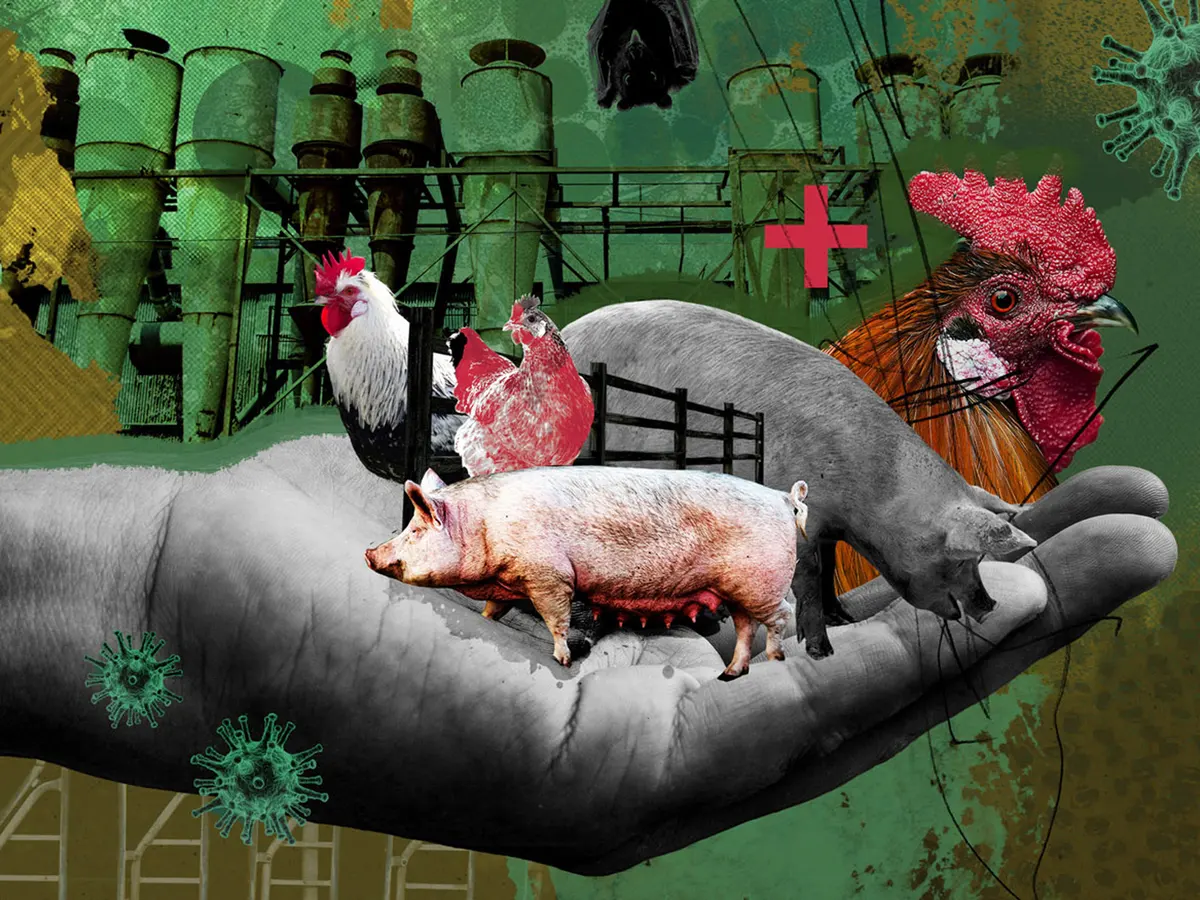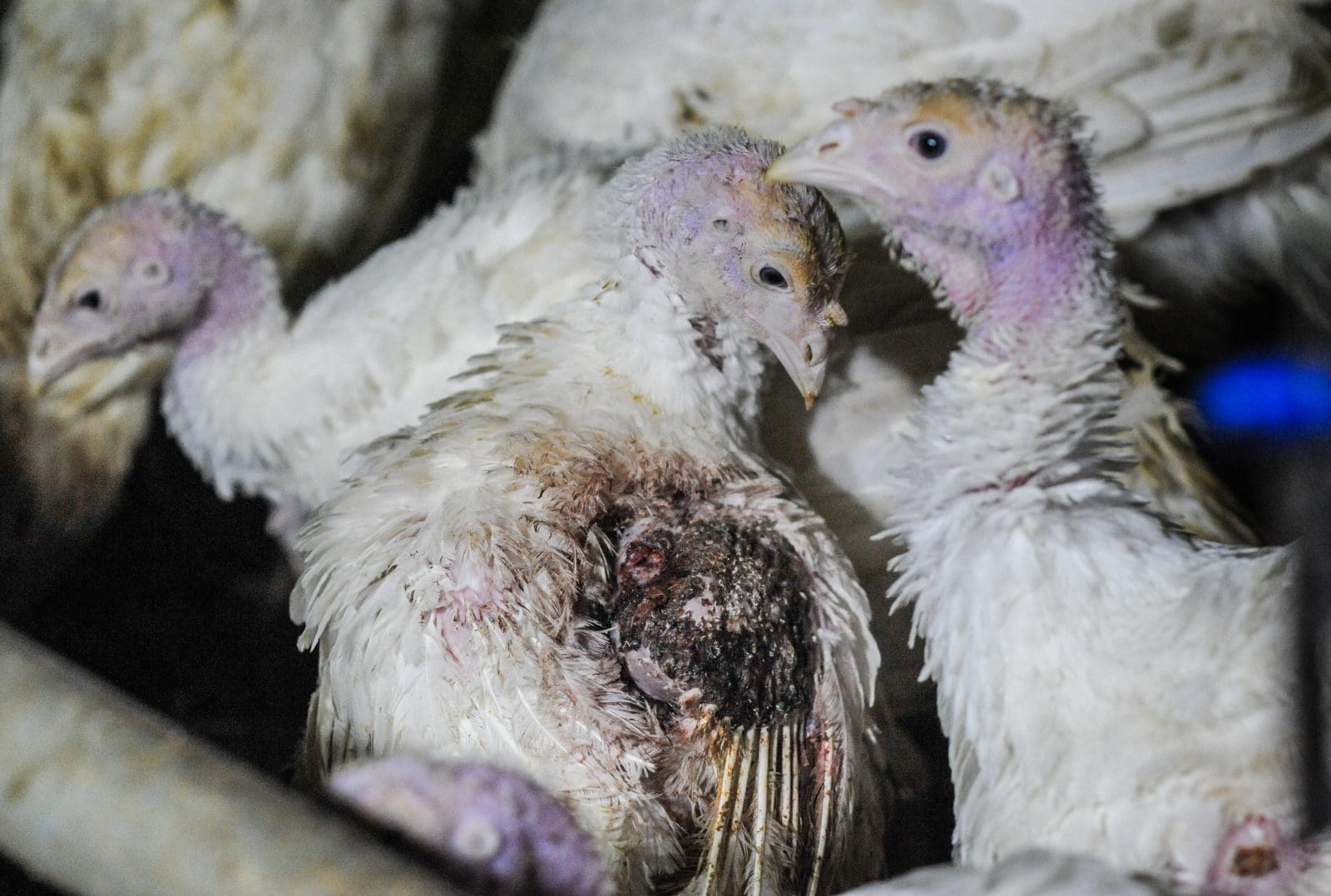The production, distribution, and consumption of food have profound implications for animal welfare, human health, and environmental sustainability. Industrial food systems often rely on intensive animal agriculture, contributing to the exploitation and suffering of billions of animals each year. From meat and dairy to eggs and processed foods, the sourcing and manufacturing practices behind what we eat can perpetuate cruelty, environmental degradation, and public health concerns.
Food choices also play a critical role in shaping global environmental outcomes. Diets heavy in animal products are linked to higher greenhouse gas emissions, deforestation, biodiversity loss, and excessive water and land use. Conversely, plant-based and sustainably sourced foods can reduce these impacts while promoting more ethical treatment of animals and healthier communities.
Understanding the connections between what we eat, how it is produced, and its broader social and environmental effects is essential for driving informed choices. By advocating for transparency, supporting humane and sustainable practices, and embracing conscious consumption, individuals can help transform the food system into one that prioritizes compassion, sustainability, and equity for both humans and animals.
Meat and dairy are staples in countless diets, but their hidden health risks often go unnoticed. Linked to serious conditions such as cancer, heart disease, diabetes, and digestive issues, excessive consumption can quietly impact your well-being. These foods also contribute to environmental challenges like climate change. This article explores the science behind these concerns while offering actionable advice for healthier eating habits. By making informed choices and incorporating more plant-based options into your meals, you can safeguard your health and support a more sustainable future—one mindful decision at a time



















































